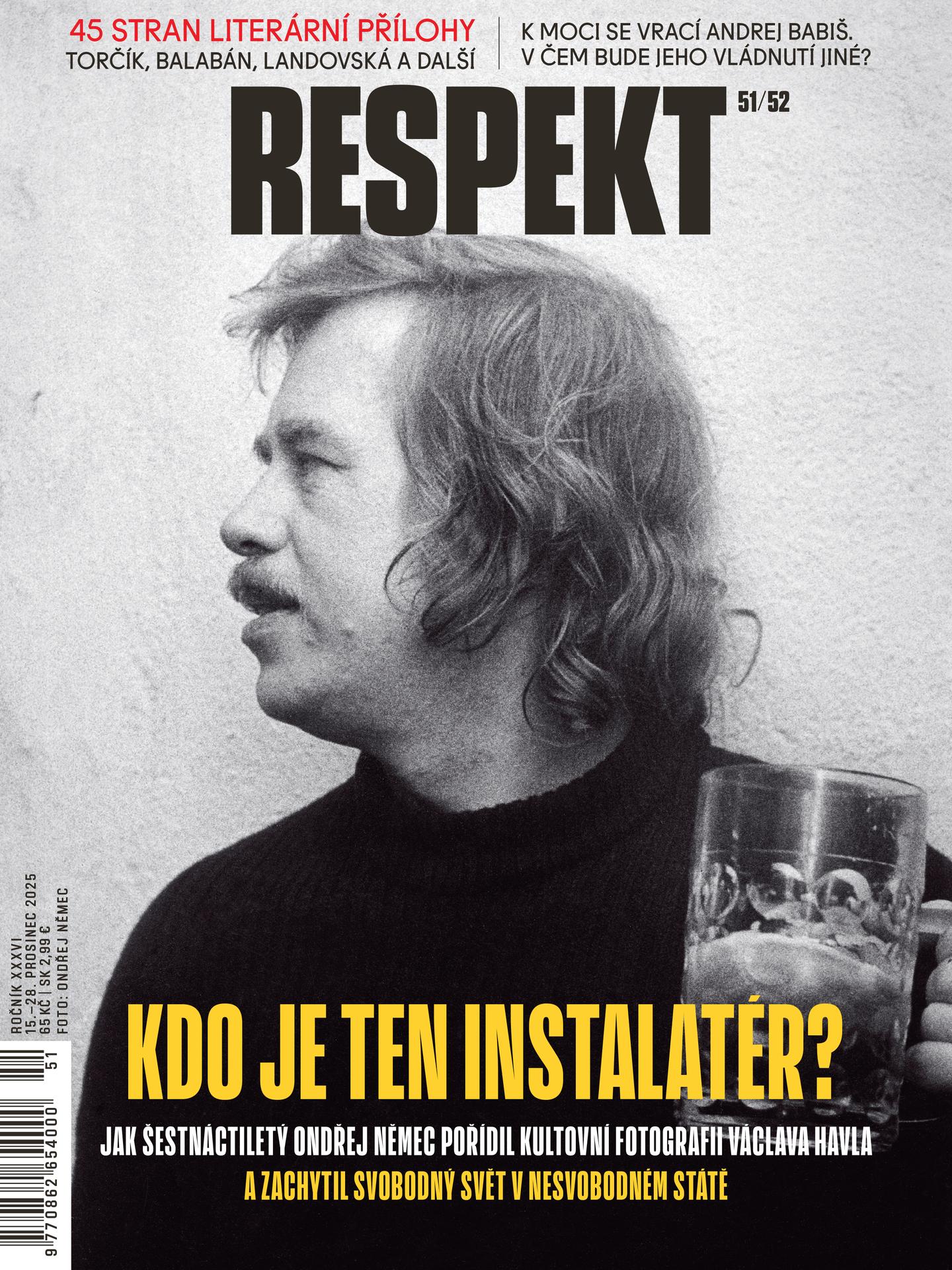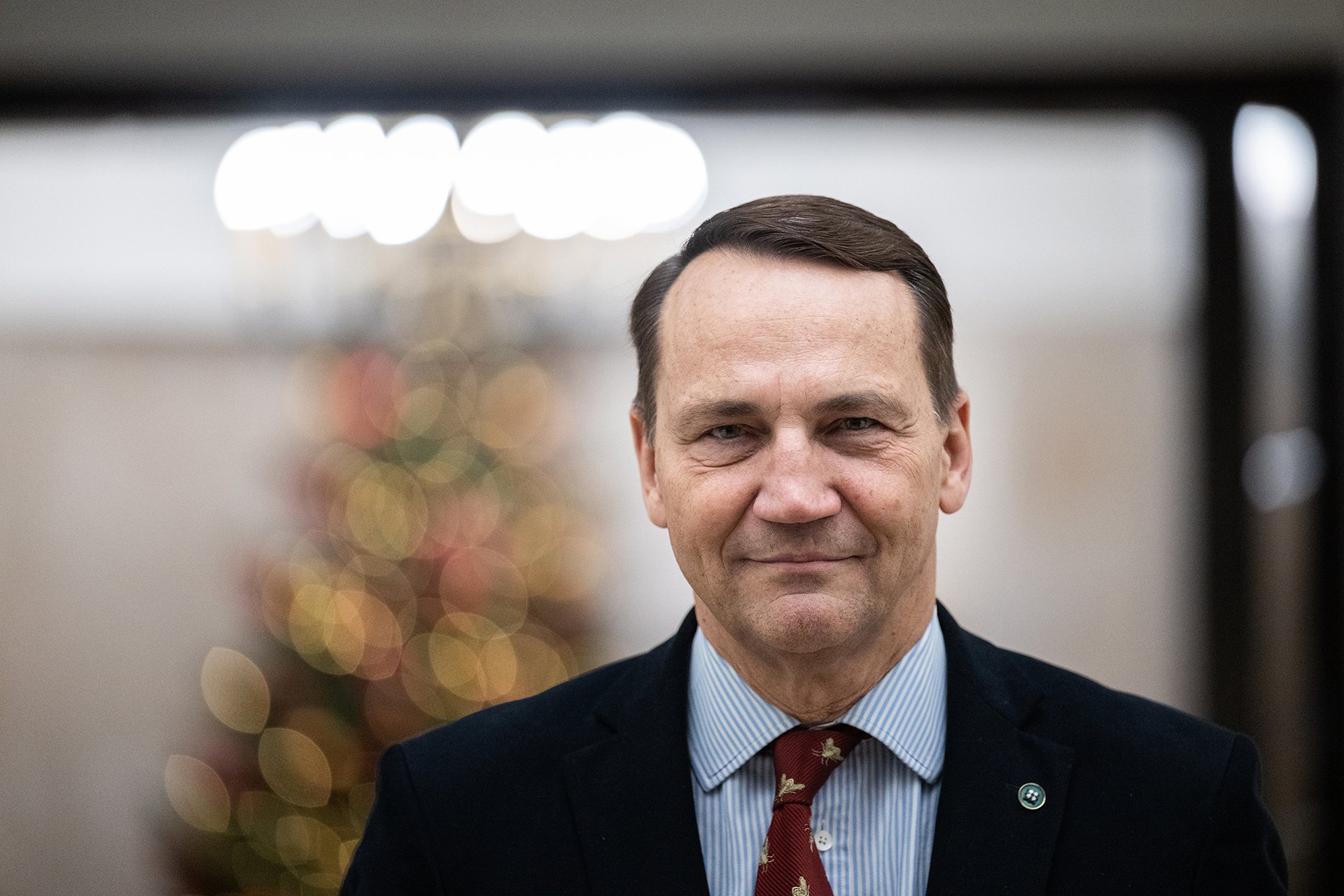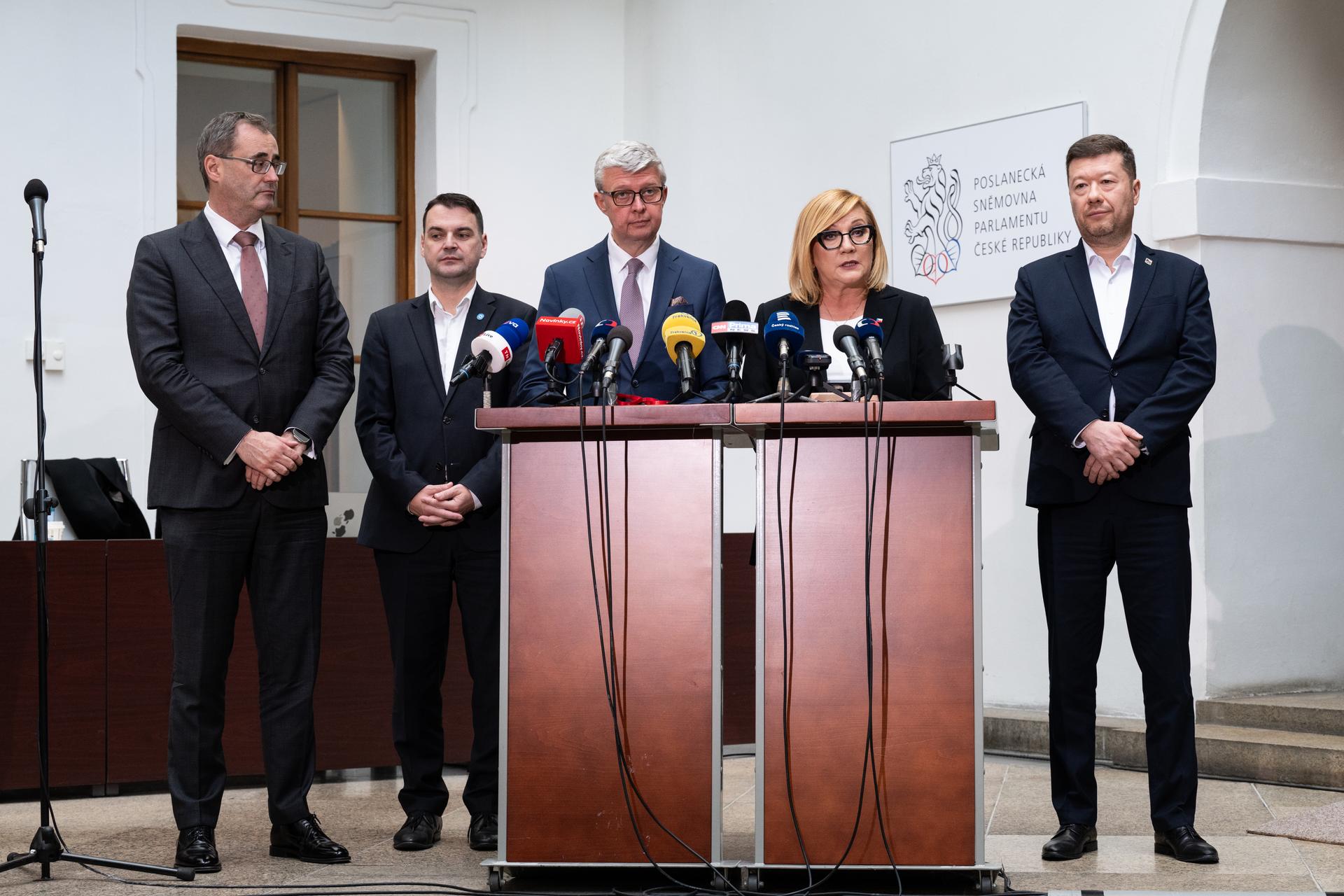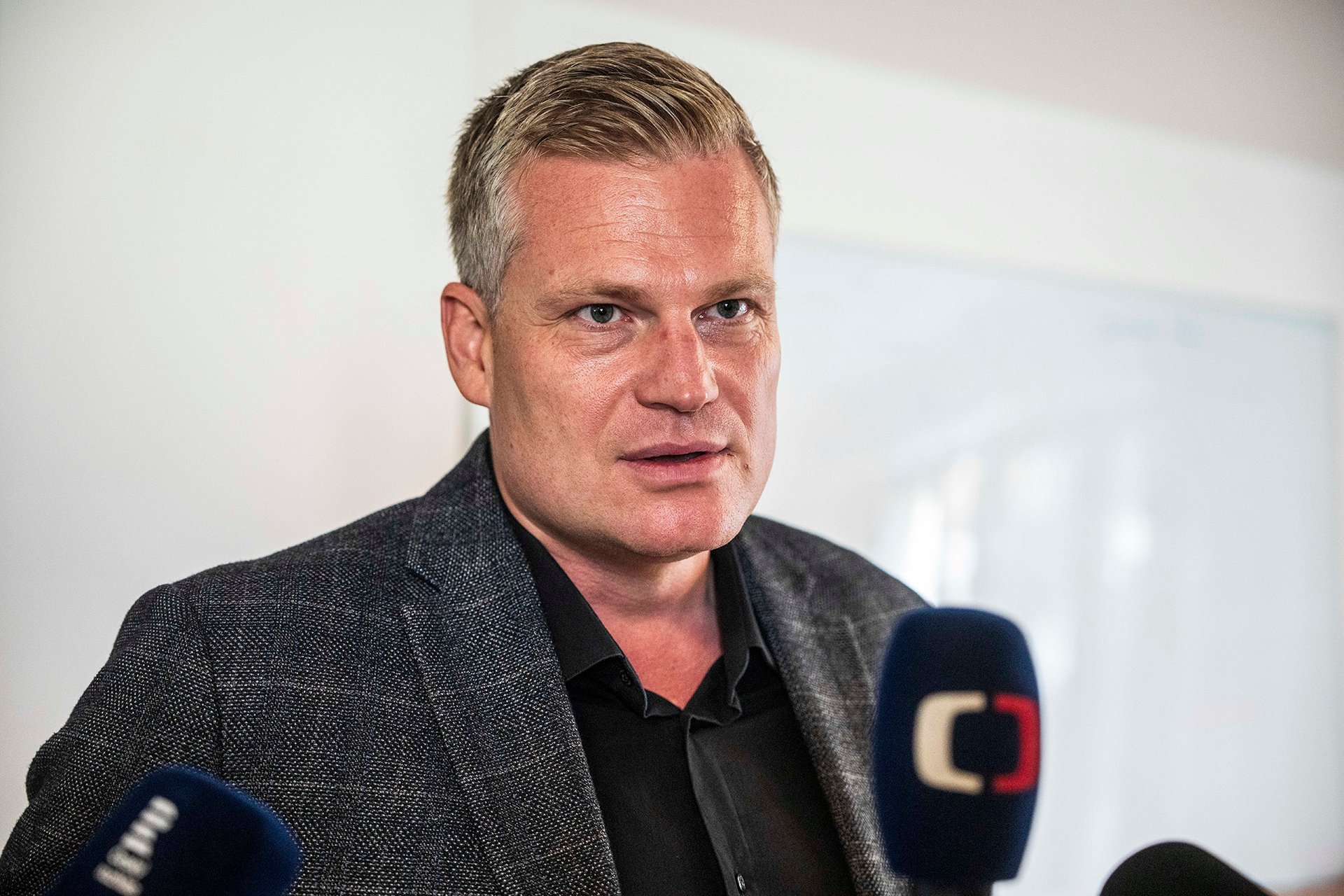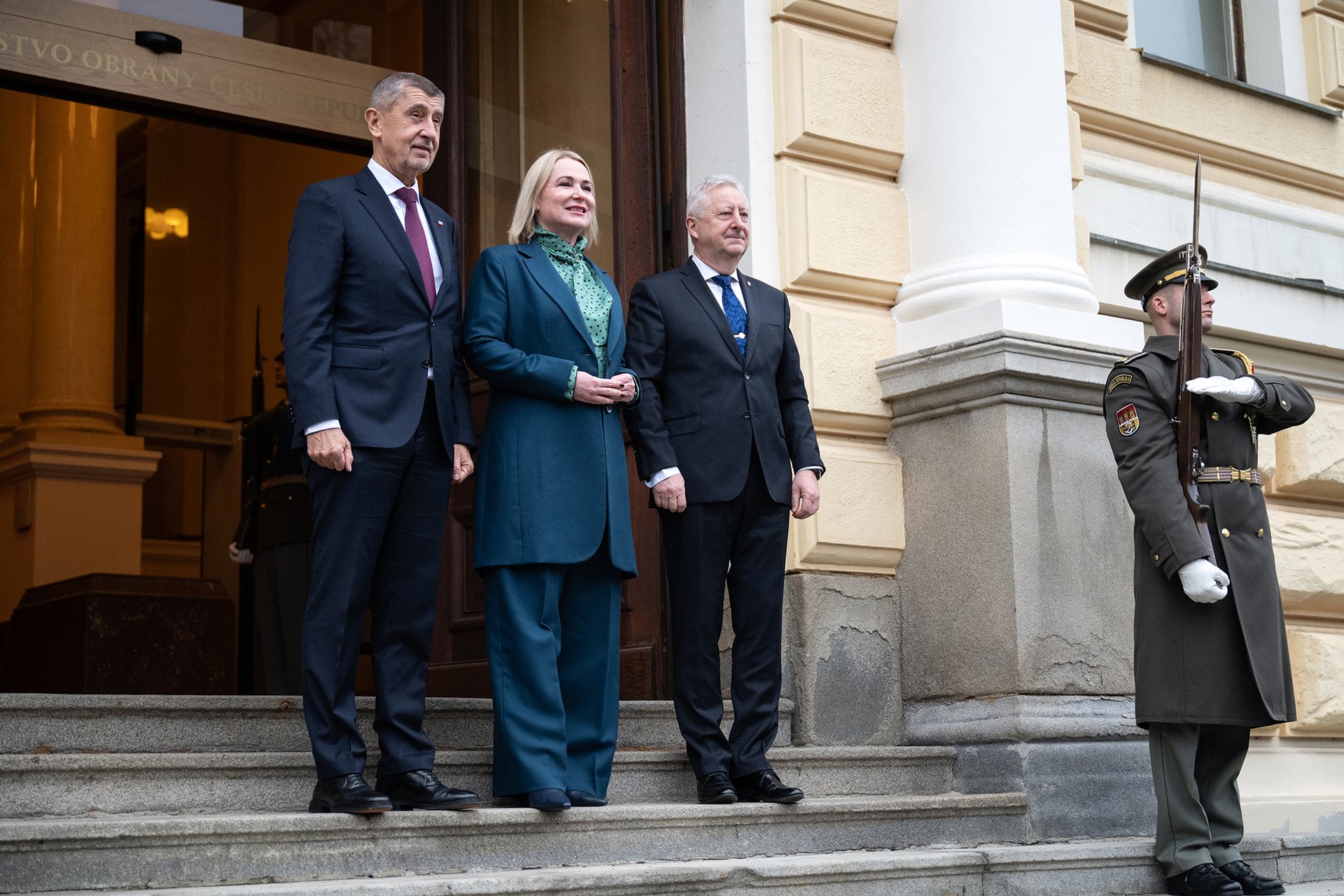Sweden's Silent Divisions Find a Voice
The Swedish police have arrested a new suspect in the stabbing death of Foreign Minister Anna Lindh, releasing their previous suspect, Per Olof Svensson, a day before he would have to be either charged or released.

The Swedish police have arrested a new suspect in the stabbing death of Foreign Minister Anna Lindh, releasing their previous suspect, Per Olof Svensson, a day before he would have to be either charged or released. As of this writing the police have thus far refused to disclose the reason for the new arrest other than to say the suspect was detained on stronger suspicions than Mr. Svensson.
There is a feeling in Stockholm that they have to catch somebody. People in this mostly quiet and pacific country are reeling with the shockwaves of Minister Lindh's assassination and the resounding No vote to the Euro referendum shortly after her murder. Both of these events have exposed growing rifts within Swedish society.
Editors at the conservative daily Svenska Dagbladet pointed out that a mental health reform begun in the 1980's is being discussed as the possible culprit in not only the murder of Anna Lindh but perhaps also for that of Olaf Palme, the Prime Minister who was murdered in 1986. Lindh's murder was eerily similar to Palme's in that both were engaged in their private lives-Palme walking home from the cinema and Lindh shopping in a department store, when they were attacked. Palme's killer was never found and that has placed increased urgency in finding Lindh's murderer. Both attacks have an air of randomness to them, as if a crazy person could have simply decided to act after seeing two high profile targets of opportunity.


Mental health reform in Sweden was first undertaken in 1982 with municipal social services being given greater responsibility for the welfare of mental patients. One of the main goals of this initiative was „make life outside institutions possible“. The National Board of Health and Welfare reports no rise in the homeless population from in the last decade but it has reported a rise in the number of mentally ill among the homeless. Anne Helsen, Press Secretary to Prime Minister Göran Persson, spoke to me of two disturbances this summer of deranged men disrupting the peace and causing fatalities, one by driving a car into a pedestrian zone in Stockholm's Old Town and another attacking people with a metal rod in a Stockholm metro station. Both men had a history of mental illness. As people grapple for a reason why their popular Foreign Minister was slain they may find that supposedly enlightened policies on treating mental health along with Sweden's vaunted tradition of openness, which afforded to Ms. Lindh the feeling of security to conduct her public life without bodyguards, as the cause. Mia Bjelkholm, Svenska Dagbladet's Managing Editor, pointed out that the day after Lindh was murdered a recently discharged mental patient in northwestern Sweden took a knife to a day-care center and fatally attacked a five year old girl. The government is treating this theory seriously enough to now establish a new position, Coordinator for Psychiatric Health, to evaluate its mental health system. Refik Fener, a senior official with the Ministry of Health and Social Affairs, says that the coordinator will be appointed in October and assume responsibility in early 2004 for a three year period with the goal of evaluating Sweden's mental health reform and make proposals to improve the system.
All of this throws into question the idea of Sweden's openness and egalitarian traditions. For Ms. Bjelkholm it smacks of naivety. „Open society is just talk, a myth“, she said as well as adding that Sweden's conception of this openness is perhaps based on a certain national arrogance: „People think they live in a society that is better“. At the liberal daily Dagens Nyheter, I would hear something similar from its editor, Niklas Ekdal, „Swedes think of their country as peaceful and non-violent but two top ministers have been killed in the last two decades“.
If the Swede's conception of their country as a utopian enclave of enlightened social values seems to be fraying, the idea of what sort of political future the country is seeking seems perhaps even more uncertain. Sweden has seen its affluence decline from being one of the top three wealthiest countries in the world in terms of the wealth of its citizens in the early 1970s to one that numbers seventeenth today. Devaluation of the currency, undertaken ostensibly to fuel trade but causing a loss of wealth, and reform of the welfare state have reduced affluence. This has fueled nostalgia for the past and many intellectuals see the No vote as a reaction against the idea of an integrated Europe, which is seen by many Swedes as a threat to their system and perhaps a scapegoat to explain the country's problems. Famous for its neutrality, which has helped Sweden stay away from war for the last 200 years, many see further integration with Europe as a Trojan horse. When I asked actor Jon Arfstrom, pushing his infant son in a stroller in front of the department store where Anna Lindh was murdered, about why he voted no to the Euro he said, „Because I like democracy“ and proceed to rail against the bureaucracy of Frankfurt.
„Confidence in the political system is eroding“, Ekdal said and he wasn't alone with that opinion. Anders Davidson, the editor of Dagens Industri, the country's leading financial daily, pointed out the stunning discrepancies in the demographics for the Yes and No vote on the Euro referendum and what they illustrate about Sweden's „Robin Hood Tax“, which literally takes from the rich and gives to the poor. Under this system, Danderyd, a wealthy section of Stockholm, pays 24,300 Krowns per inhabitant. This money goes directly to the coffers of places like Strömsund, a poorer area in the north. In Danderyd more than 75% voted for the Euro while in Strömsund over 86% voted No.
Concerned about the exodus of businesses, who find having offices in Sweden's high tax zone increasingly punitive and unsustainable, the government, who pushed hard for a Yes vote on the Euro, announced that it would work to lower the tax burden to calm the business community. But Davidson is not alone in questioning how the government handled the Euro referendum, and how it has handled the idea of educating the populace about Sweden's role in Europe. „They didn't say no to the Euro,“ Davidson noted. „A big part of the population said no to the establishment“. Many feel that the current government has focused on integration with Europe at the expense of domestic issues and without sufficient preparation for a people who see themselves as an exceptional case within the European Union due to their unique traditions. This is given further credence when it is put side by side with the murder of Anna Lindh, which was seen as possibly stoking a sympathy vote for the Yes side. Davidson summed it up by saying, „The message was ‚Trust us, vote yes‘, but they didn't“.
Pokud jste v článku našli chybu, napište nám prosím na [email protected].

